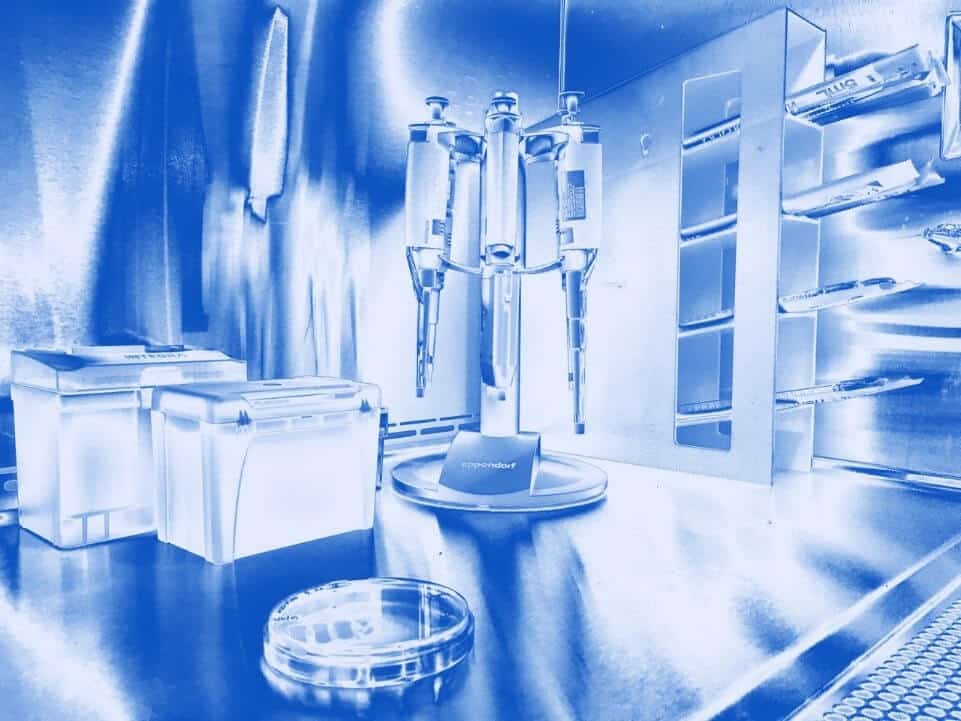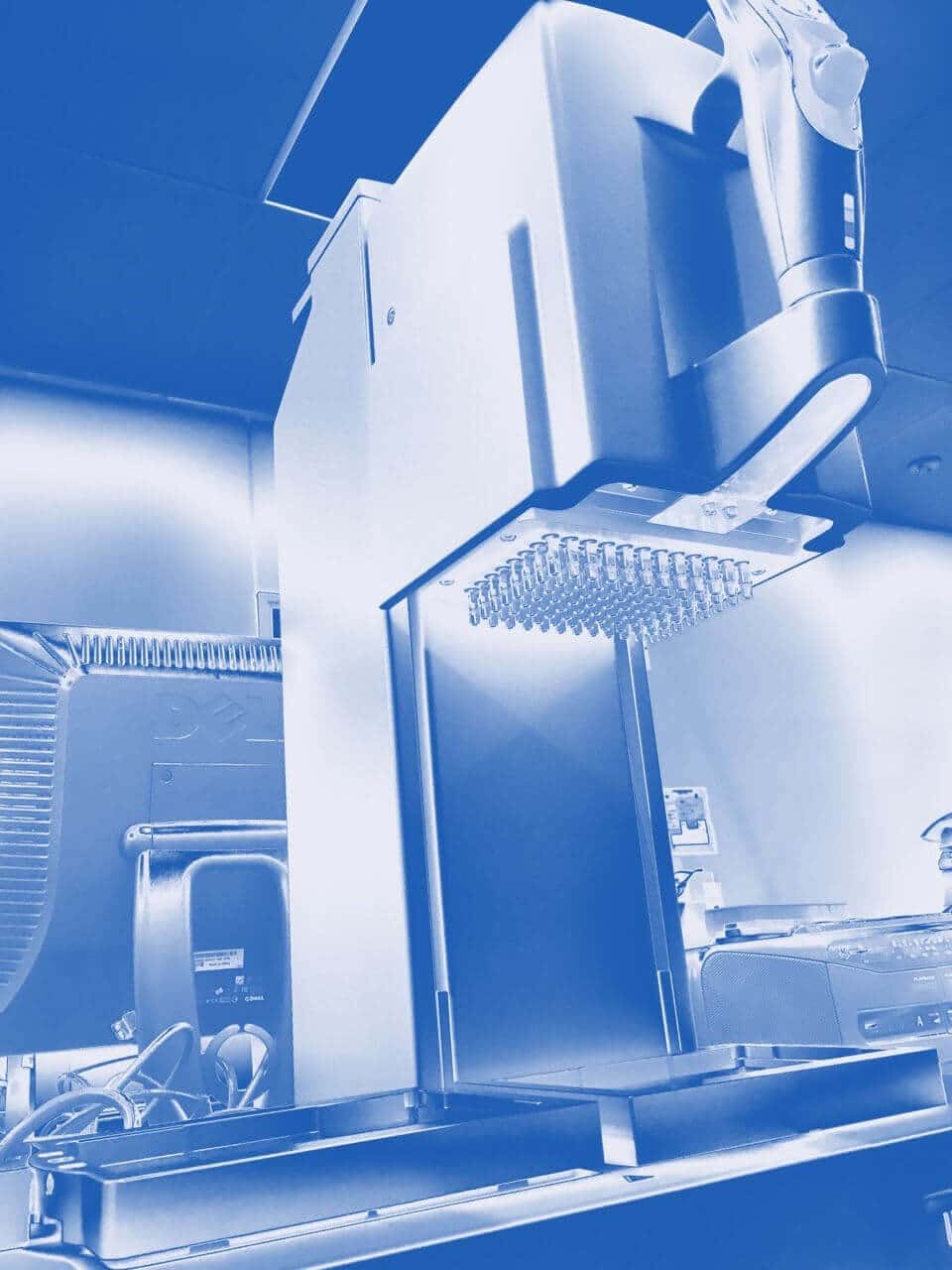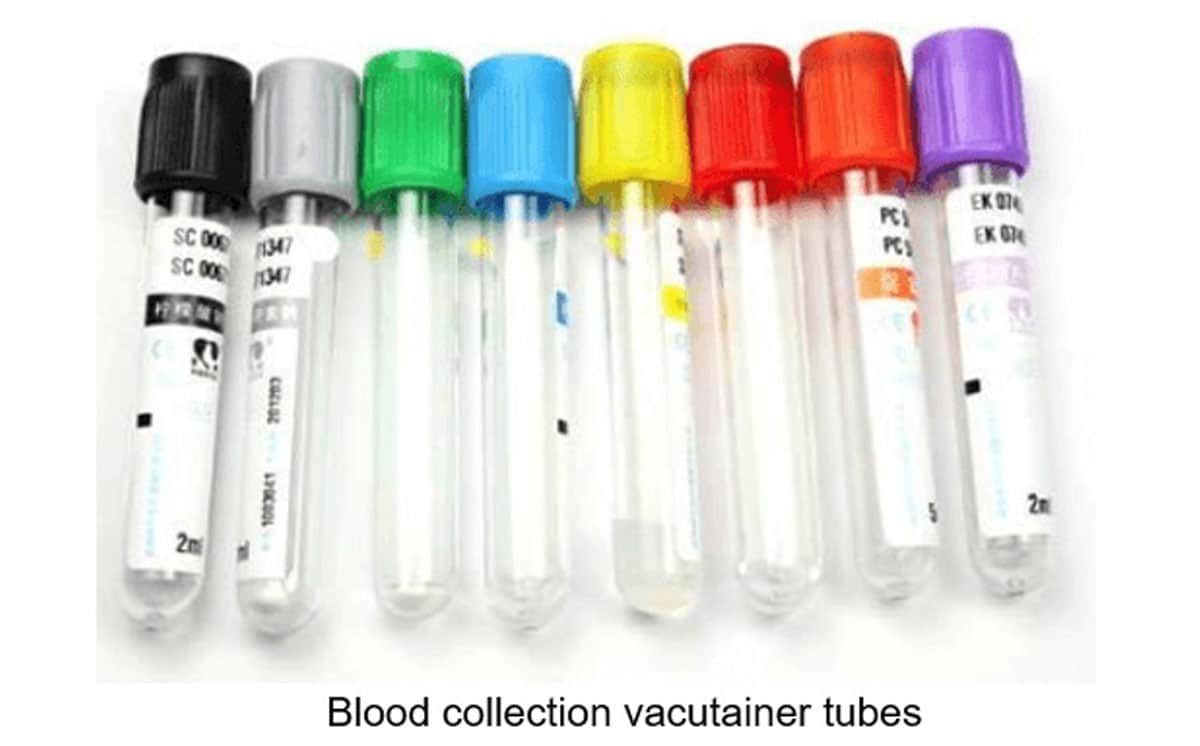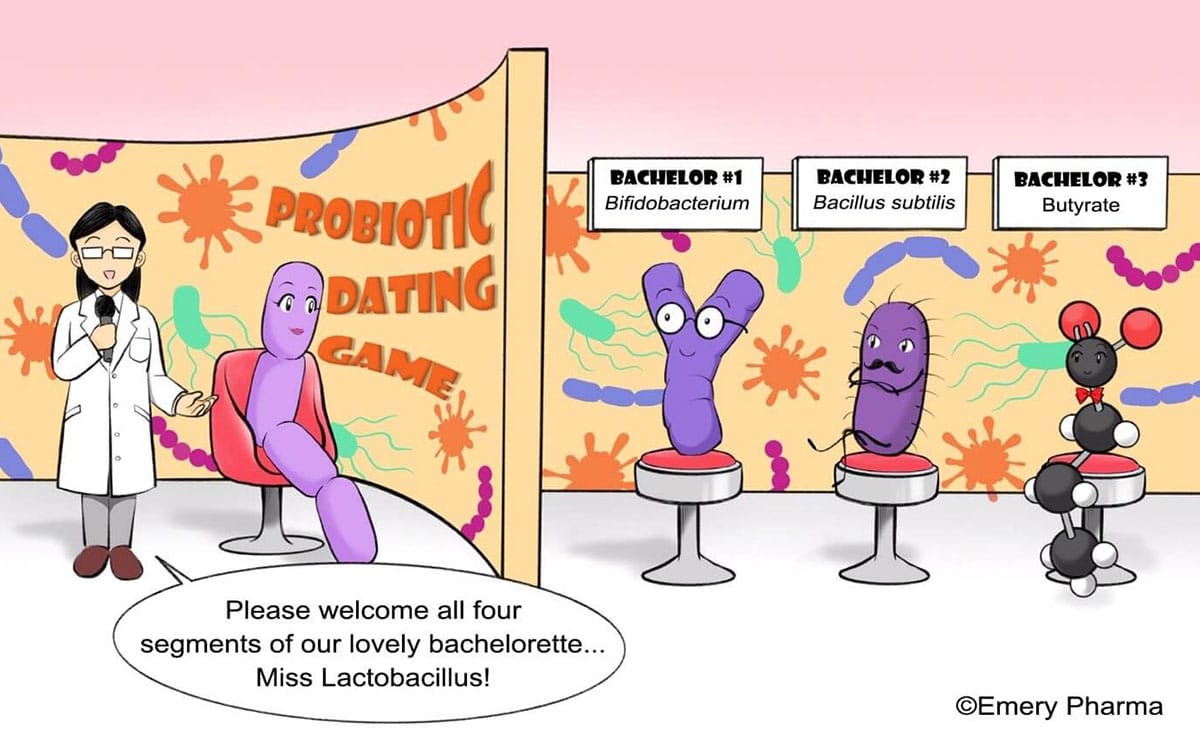Reinvigorating Antibiotic R&D?

There has been a growing trend among pharmaceutical and biotech companies to abandon their antibacterial research and development efforts. Big companies like Pfizer, AstraZeneca, Bristol-Myers Squibb, to name just a few, have come to the decision that the potential commercial and financial returns from discovering and developing antibiotics are not worth the investment. Small and mid-sized companies then started to fill this gap, but recently have found it increasingly difficult to justify remaining in this therapeutic area. Last year was a particularly bad year for antibiotic research and development. Disappointingly, 2018 saw the departure of remaining stalwarts Novartis, Sanofi, Allergan, The Medicines Company, Achaogen, and Melinta, leaving the research space and curtailing development activities.
However, the need for antibiotics remains high, with drug-resistant bacteria infecting at least 2 million people and killing at least 23,000 people in the U.S. every year, according to Center for Disease Control (1). Antibiotic resistance is increasing, and the available antibiotic choices for combating these bacteria are dwindling. Since resistance will always develop with antibiotics, new antibiotics will continually be needed. The more we use them, the less effective they become because bacteria have more opportunities to develop resistance. We need to replenish our pipeline now.
“Antibiotic resistance is growing and we are running out of treatment options. If we leave it to market forces alone, the new antibiotics we most urgently need are not going to be developed in time,”
- Dr. Marie-Paule Kieny, WHO’s assistant director-general for health systems and innovation (2)
U.S. and British governments have called for global efforts to tackle antibiotic resistance. As a result of the void created by pharmaceutical companies no longer filling the antibiotic pipeline, programs to incentivize research in this area have been created. Programs such as CARB-X (Combating Antibiotic Resistant Bacteria Biopharmaceutical Accelerator), Wellcome Trust (a London based global biomedical research charity), the Bill and Melinda Gates Foundation, and BARDA (Biomedical Advanced Research and Development Authority) have been funding discovery, research, and development efforts for antibiotics. Traditional venture capitals, like Novo Holdings, launched the REPAIR Impact Fund in 2018, with a budget of $165 million to invest in companies focused on treating drug-resistant organisms. The economic model that once meant we could rely on industry for a steady supply of new antibiotics simply no longer works. New economic models and increased investment are needed to drive innovation.

CARB-X is one of the world’s largest public-private partnership dedicated to pre-clinical antibiotic development. They have seven partners in the United States and United Kingdom, and is backed with half a billion dollars in funding (their partners include BARDA and Wellcome Trust). Their goal is to set up a diverse portfolio with more than 20 antibacterial products and move at least 2 of them into human trials. Projects they fund are in the early development and pre-clinical stage, with an emphasis on new antibiotics against drug-resistant bacteria.
“The world urgently needs new antibiotics, vaccines, diagnostics and other products to help fight the rise of drug resistant bacteria. If we fail to solve this problem, many advances of modern medicine that depend on fighting infection with antibiotics – routine surgery, cancer therapy, treatment of chronic diseases – may be jeopardized.”
– Combating Antibiotic Resistant Bacteria Biopharmaceutical Accelerator (CARB-X) (3)
For their part, the FDA created the designation of qualified infectious disease product (QIDP), which includes several incentives for antibiotics that meet certain criteria. These incentives include eligibility for priority review, fast track designation, and a five-year extension of exclusivity (4). The EMA (European Medicines Agency) is exploring “adaptive pathways” for high-need areas in which current care is unsatisfactory (5). Both the FDA and EMA have been flexible about the totality of evidence required for approval. Recent approvals for some anti-infectives were based on one randomized, controlled Phase 3 trial and a small open-label, single-arm study in a population of high unmet need (instead of being required to conduct large, randomized, controlled Phase 3 trials).
Is enough being done to reinvigorate the antibiotic industry? The next few years will prove to be very important as the new economic and incentive models play out. Commercial successes for recently launched antibiotics could be the necessary key to bring a new wave of investment back into both the discovery and development spaces.
We at Emery Pharma support the dedicated researchers/companies passionate about reinvigorating antibiotic R&D, and want to be part of the global effort to replenish the antibiotic pipeline. We are a contract research & development lab with the capabilities to perform a broad range of microbiological services to help in the discovery and development of novel anti-infectives. We offer a full array of services to characterize the antimicrobial properties of a compound by investigating the minimum inhibitory concentrations (MICs), minimum bactericidal concentrations (MBCs), minimum biofilm eradication concentrations (MBECs), time kill kinetics, synergy effects, spontaneous frequency of mutation rates, development of resistance through serial passage, post antibiotic effect, as well as cytotoxicity evaluations. For more information about our services and capabilities, please contact us at info@emerypharma.com.

References:
- About Antimicrobial Research (2018, Sep 10). Center for Disease Control and Prevention. Retrieved from https://www.cdc.gov/drugresistance/about.html.
- WHO Publishes List of Bacteria for Which New Antibiotics are Urgently Needed (2017, Feb 27). World Health Organization. Retrieved from https://www.who.int/en/news-room/detail/27-02-2017-who-publishes-list-of-bacteria-for-which-new-antibiotics-are-urgently-needed.
- A Global Solution to a Growing Threat (N/A). Carb-X, Combatting Antibiotic Resistant Bacteria. Retrieved from https://carb-x.org/about/overview/.
- Fast Track, Breakthrough Therapy, Accelerated Approval, Priority Review (2018, Feb 23). U.S. Food and Drug Administration. Retrieved from https://www.fda.gov/ForPatients/Approvals/Fast/default.htm.
- Adaptive Pathways (2015, Nov 20). European Medicines Agency. Retrieved from https://www.ema.europa.eu/en/human-regulatory/research-development/adaptive-pathways.
About the author:
Aya Kubo, Ph.D., is the Acting Director of Cell and Microbiology at Emery Pharma. Her background is in antimicrobial discovery and development of antimicrobial compounds against a wide variety of clinical pathogens, especially highly resistant Gram-negative bacteria. Before joining Emery Pharma, she worked at various Bay Area biotech companies including Achaogen, where she supported the research and development of the aminoglycoside plazomycin (ZEMDRITM) and other programs such as the LpxC inhibitor ACHN-975, the first inhibitor in its class to enter clinical trials.

